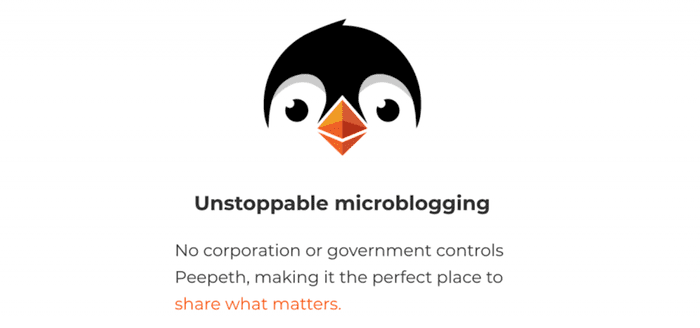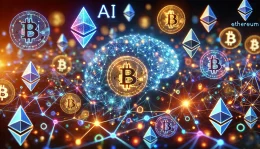As we edge further into the digital revolution, blockchain technology is slowly and steadily growing into a reckoning force. We’ve already seen some exemplary, some next-gen, and some rather unusual applications of the technology. Blockchain, of course, finds its use in a number of others ways. However, digital market research specialists believe the next big milestone for the technology is the “decentralized apps” market.
Blockchain: Decentralizing the mobile market
Apps built on blockchain technology, decentralized apps, or “DApps,” will see a “significant expansion” by the end of the year, says a report from Juniper Research, a UK-base market intelligence firm. But it won’t be a walk in the park for sure. And only the developers building apps on blockchain technology know what it takes.
Developers already have a number of challenges looming around them. Not many people are currently using browsers and tokens that run on a blockchain network. So it’s really difficult to amass the number of users needed to propel a new app to success. Developers will first have to deal with this current underwhelming number of decentralized app users, and the easiest way to do so is to make killer apps that make people jump in.
But the scope is there. And Windsor Holden, Juniper’s head of forecasting, believes iPhone and Android users should be able to download a DApp on their smartphone “by the end of the year.” Product-tracking and identity verifying apps would be the first DApps that are most likely to gain mass adoption. However, it’s just another app, and the consumer would see nothing of the blockchain, Holden predicts. He also predicted that arrival of such apps “will occur in much the same way as the existing app ecosystem.”
Dapps’ limited capacity to cater to millions of users is another hurdle for developers to overcome. The networks in the current state can handle a limited number of transactions at a time, sources reveal. Startups like Radix are working on solutions to upscale blockchain technology, but fears are that doing so may ultimately compromise on the whole purpose of decentralization. So how do they overcome these hurdles, only time will tell.



















